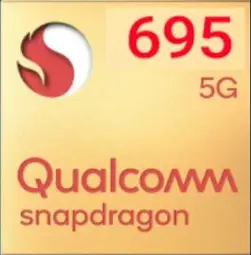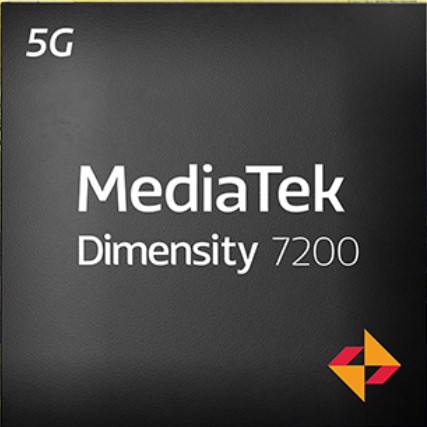Qualcomm Snapdragon 695 vs Mediatek Dimensity 7200
We’ve meticulously compared the recently released
Snapdragon 695 vs Dimensity 7200
SoCs, developed by
Qualcomm and Mediatek respectively. This
comparison focuses on the pros and cons of their
8-core CPUs,
backed by performance metrics
from Geekbench, Antutu, and
3DMark benchmarks, and technical
specifications.
Review
General comparison of performance, power consumption,
and other
indicators
CPU Performance
Evaluation of Single-Core and
Multi-Core Processor Performance
Gaming Performance
Gaming and OpenCL/Vulkan
Performance of the Graphics Processing Unit (GPU)
Battery life
Energy Efficiency in Battery Usage
Tech Insist Score
Overall Performance Rating of the
Chip
Key Differences
Main differences and advantages of each chip
Pros of Dimensity 7200
Benchmarks
Evaluating performance through competitive testing in
leading benchmarks.
AnTuTu 10
The AnTuTu Benchmark evaluates CPU, GPU, RAM, and I/O
capabilities across various scenarios.
CPU
115765
160410
GPU
93638
202112
Memory
60715
119625
UX
101282
144980
Total score
371400
627127
GeekBench 6
The GeekBench test shows raw single-threaded and
multithreaded CPU
performance
3DMark
A cross-platform benchmark that assesses graphics
performance in Vulkan
(Metal)
3DMark Wild Life Performance
Stability
99%
-
Graphics test
7 FPS
24 FPS
Score
1204
4142
Specifications
Full list of technical specifications of Snapdragon 695 and Dimensity
9300
Architecture
2x 2.2 GHz – Kryo 660 Gold (Cortex-A77)
2x 2.8 GHz – Cortex-A715
Cores
8
8
Base Frequency
1700MHz
2000MHz
Turbo Frequency
2200MHz
2800MHz
Instruction set
ARMv8.2-A
ARMv9-A
L2 cache
-
512 KB
L2 cache
-
1 MB
L3 cache
-
4 MB
Process
6 nanometers
4 nanometers
Transistor count
-
12 billion
TDP (Sustained Power Limit)
6 W
8 W
GPU name
Adreno 619
Mali-G610 MC4
Architecture
Adreno 600
Valhall 2
GPU frequency
840 MHz
-
Pipelines
-
4
Shading units
128
512
Total shaders
256
1024
FLOPS
536 Gigaflops
-
Vulkan version
1.1
1.1
OpenCL version
2.0
2.0
DirectX version
12
12
Neural processor (NPU)
Hexagon 686
Mediatek APU 650
Memory type
LPDDR4X
LPDDR5
Memory frequency
2133 MHz
6400 MHz
Bus
-
-
Max bandwidth
17 Gbit/s
40.7 Gbit/s
Max size
8 GB
16 GB
Storage type
eMMC 5.1, UFS 2.2
UFS 3.1
Max display resolution
2520 x 1080
2560 x 1440
Max camera resolution
1x 108MP, 2x 16MP
1x 200MP, 2x 32MP
Video capture
1K at 60FPS
4K at 30FPS
Video playback
1080p at 60FPS
4K at 30FPS
Video codecs
H.264, H.265, VP8, VP9
H.264, H.265, AV1, VP9
Audio codecs
AAC, AIFF, CAF, MP3, MP4, WAV
AAC, AIFF, CAF, MP3, MP4, WAV
Modem
Snapdragon X51
2CC 5G Modem
4G support
LTE Cat. 18
LTE Cat. 21
5G support
Yes
Yes
Download speed 5G
Up to 2500 Mbps
Up to 4700 Mbps
Download speed 4G
Up to 800 Mbps
Up to 0 Mbps
Upload speed 5G
Up to 1500 Mbps
Up to 0 Mbps
Upload speed 4G
Up to 210 Mbps
Up to 0 Mbps
Wi-Fi
6
6
Bluetooth
5.2
5.3
Navigation
GPS, GLONASS, Beidou, Galileo, QZSS, SBAS, NAVIC
GPS, GLONASS, Beidou, Galileo, QZSS, SBAS, NAVIC

